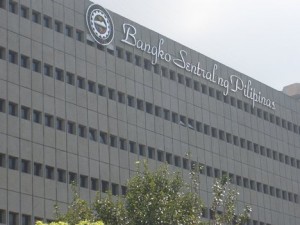Business and Economy
BSP to draft new rules for Islamic banks in PH
MANILA — The Bangko Sentral ng Pilipinas (BSP) is currently creating rules that will pave way for Islamic banks to function without the use of interest rates to facilitate entry of new investments in the country and likewise generate new jobs.
Authorities are also weighing options on how to push these rules through Congress.
“There are pros and cons. If it’s under the Bangsamoro bill, it will be certified as urgent,” said lawyer Prudence Kasala, head of the BSP Supervision and Examination Sector’s Legal Service Unit.
One of the challenges that need to be addressed is lack of access to capital for businesses and consumers. This hinders the progress of Mindanao, especially the Autonomous Region in Muslim Mindanao (ARMM). This may be because of lack of Islamic banks in the country for Muslims who want to do transactions in accordance with their faith’s rules.
Islamic banks are required to follow the Shariah law that prevents lenders from charging loans with interest fees. Their religion deems this as a form of profiteering.
Instead, Islamic banks depend on the principle of risk-sharing.
Another issue in Islamic finance is that transactions must have proof of genuine productive economic activity that follows the ethics of the Islamic faith. Thus, investing in tobacco, alcohol, and gaming industries is not allowed under the Shariah law.
“We need an all-encompassing law,” said Kasala.
To date, Al-Amanah Investment Bank is the only Islamic bank in the country. It is owned by the Development Bank of the Philippines (DBP).
Kasala said that the new law also hopes to create regulatory structures for insurance and securities transactions as well.
Last May, National Treasurer Rosalia de Leon said that the government is considering of creating its own sukuk insurance or Shariah-compliant bonds.
Earlier, BSP Governor Amando M.
Tetangco Jr. said that in ARMM there are only only 20 banks and 28 automated teller machines. He added that only eight percent of the municipalities can access the said banking services.
In 2012, ARMM’s economy only increased by 1.2 percent, slower than the whole Mindanao which grew by 8.2 percent. The country grew by 6.8 in the same year.






















